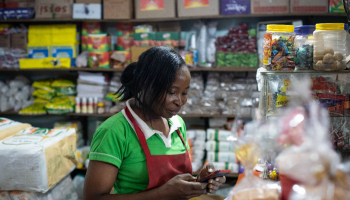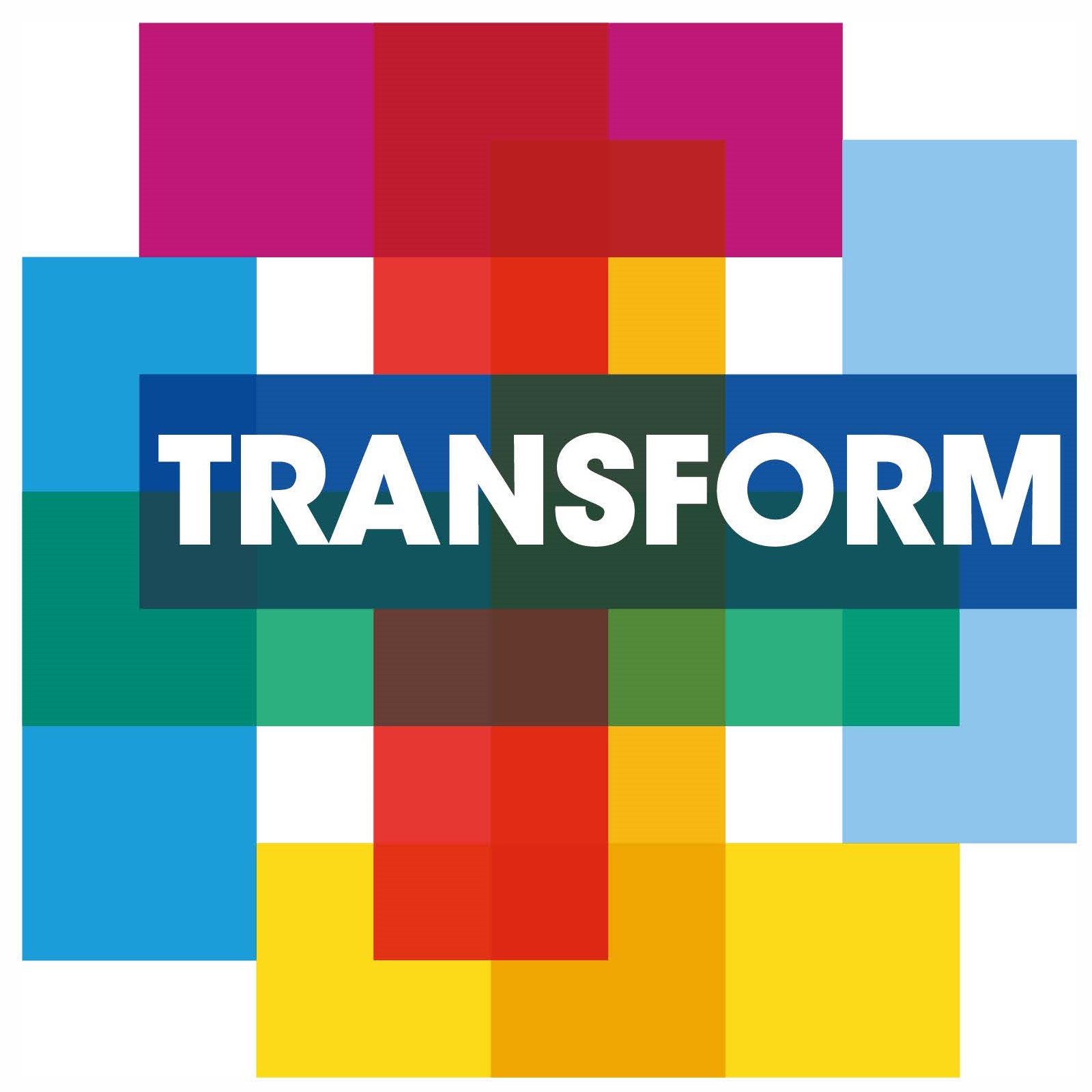Portfolio Learnings | Sanergy’s Fresh Life Toilet network
Published on: 18/10/2018
In this series, we share learnings from TRANSFORM’s portfolio projects to help others benefit from our experiences. TRANSFORM works with early-stage enterprises and tests something to unlock opportunities for their business to scale and deliver the Sustainable Development Goals (SDGs).
Aligned with Goal 6 of the SDGs (Clean Water and Sanitation), TRANSFORM teamed up with Sanergy, a franchise network of Fresh Life Toilets that provides safe and affordable access to clean toilets in urban Kenya.
The Fresh Life Toilet is a pre-fabricated sanitation facility that can be easily installed in low-income households, conceived to eradicate the urban sanitation challenge in Nairobi. The toilets are purchased and operated by local residents – Fresh Life Operators –, who receive ongoing marketing, business and maintenance support.
The human waste is safely and effectively removed from the community, before being treated and converted into organic fertiliser and animal feed to be used by local farmers.
In 2017, Sanergy reached out to TRANSFORM to support an innovative promotional strategy called the Fee-For-Service model, which would initiate demand generation for hygienic sanitation and extend the model to the informal settlement of Mathare in Nairobi. A year on, the pilot has proven to be successful.
Introducing clean sanitation
The pilot was run in the informal settlement of Mathare, where Sanergy launched 120 toilets to landlords who were not providing sanitation to their tenants. As part of the Fee-For-Service model, landlords were offered the opportunity to pay a monthly fee to have a toilet installed and serviced daily, instead of a more expensive upfront investment.
Thanks to the pilot support by TRANSFORM, Sanergy launched 120 new Fresh Life Toilets in Mathare and there are now 181 active toilets in Mathare (and over 1,400 in Mukuru, another informal settlement in Nairobi), with the network used almost 53,000 times. There is also 88% of monthly renewal rates of Fresh Life Operators, who agree to continue to receive waste management services – the Sanergy team collects and safely removes an average of 14.6 tons of waste every day.
Solving key challenges
Throughout the pilot, Sanergy also made some adjustments according to the results of the model. The main lessons learned fell upon the following areas:
- Price – lowering the upfront cost of the product and service increased inbound leads and speed of sales dramatically.
- Customer support – the training materials were adapted to be problem-led, which saved time in following up, ensuring the sanitation services are answering customers’ needs.
- Waste collection – the process was far more efficient within this dense network, with adjacent sub-areas and a collection centre located at their intersection.
- Payment collection – as well as allocating one team member exclusively to customer support and payment collection (making the payment management process more personal and effective), Sanergy developed strategies to minimise payment defaults and a payment tracking tool for timely payments, which led to an increase in monthly renewal.
- Sales agent – a sales agent from the community was brought in to support the sales strategy and help solve key challenges of the project. The agent was an effective addition, responsible for more than 70% of toilet sales since his introduction. As it is based on commission payments for sales, the sales agent identifies good customers and maintains strong relationships for continued custom.
The future for Fresh Life Toilets
Sanergy reports that the Fee-for-Service pilot project for low-income communities in Mathare, supported by TRANSFORM, was successful and provided much learning to roll out the model to its full network.
The organisation has reviewed its targets to achieve an active network of 3,700 Fresh Life Toilets by the end of 2019, at a cost of $20/person/year. In a rapid yet measured expansion, the number of toilets in its service areas will increase significantly, so that they can help build a healthy community in Nairobi’s informal settlements.
-
 Insights
Insights
Related impact stories
- Supporting mothers through the pandemic
 ActiveBliss Group is pivoting to support mums and babies during the COVID-19 pandemic.Transforming health through digital innovation
ActiveBliss Group is pivoting to support mums and babies during the COVID-19 pandemic.Transforming health through digital innovation

 Digital Health
Digital Health
Ensuring access to crucial healthcare information and products
 NaijaCare will equip PPMVs in Lagos with the information and resources they need to serve their communities through the pandemic.
NaijaCare will equip PPMVs in Lagos with the information and resources they need to serve their communities through the pandemic.
